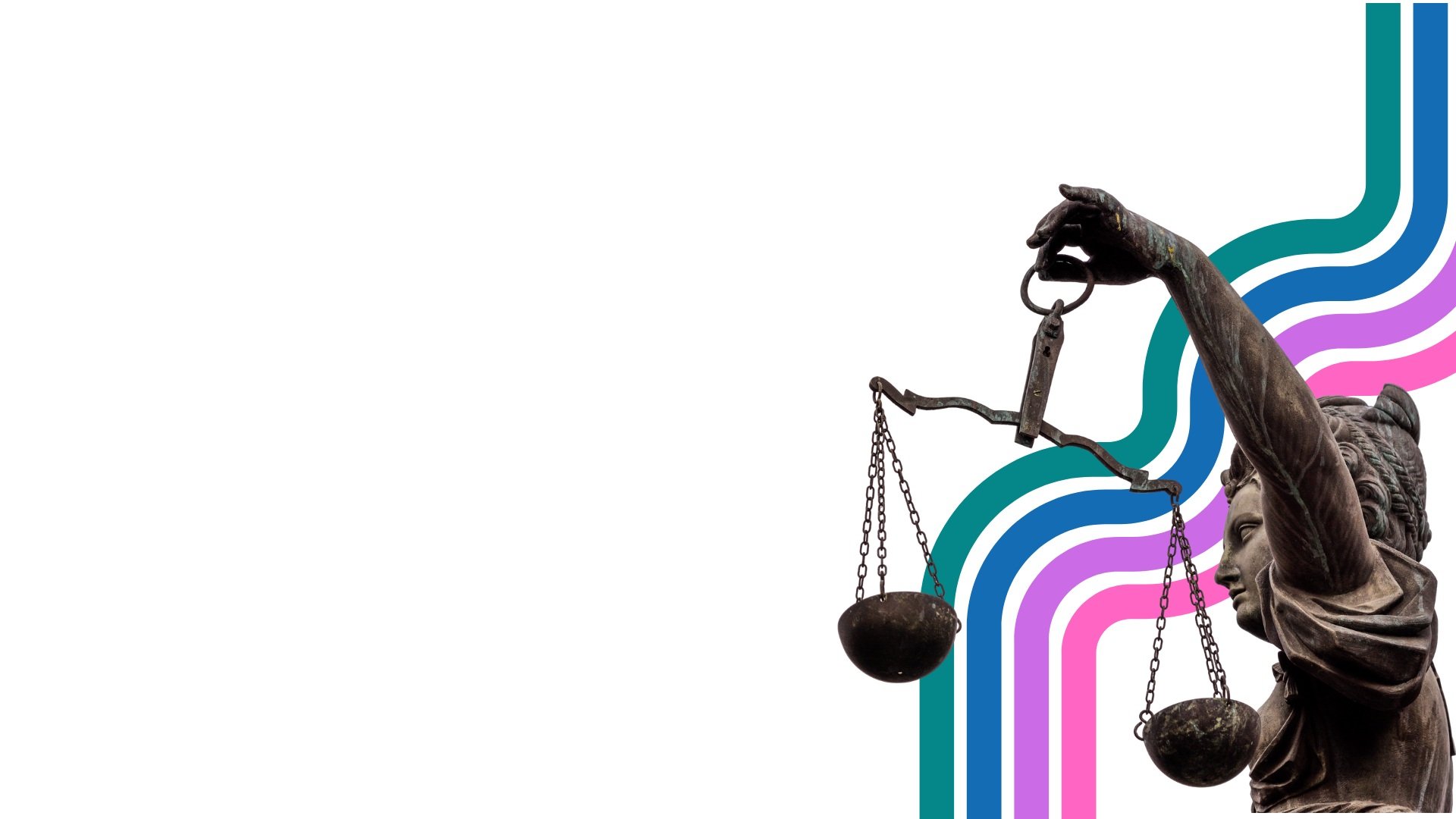
KNOWLEDGE AND EMPOWERMENT NOW! (KEN)
RESOURCE PROGRAM
Justice is SUBJECTIVE but social justice is glaringly OBJECTIVE.
WHAT IS the KEN RESOURCE PROGRAM?
Truth. Access. Transparency.
In today’s rapidly evolving digital age, the urgency to combat misinformation, disinformation and lack of access to information has never been more pronounced. It is imperative that we take swift and decisive action to shift the prevailing narrative towards truth and accuracy.
By promoting transparency and providing reliable sources, we aim to equip our community members with the knowledge they need to make informed decisions. Through open dialogue and fostering a culture of critical thinking, we can collectively combat the spread of false information and ensure that everyone has equal access to trustworthy resources. Together, we can build a more informed and empowered society where knowledge is a tool for positive change.
The KEN program, the brainchild of our founder Aakanksha Manjunathaswamy, was officially launched in February 2024. Within this program, our team of dedicated legal interns (4th or 5th-year law students and/or recent graduates), supervised by our legal advisor, passionately develops community resources and toolkits, conducts in-depth research, and collaborates closely with marginalized communities to help shed light on and address their experiences with various forms of discrimination.
Running once a year, this initiative focuses on developing and providing essential community resources and toolkits that address the specific and pressing needs of the moment.
TOOLKITS PUBLISHED SO FAR
WHY?
Misinformation has become a significant problem in our society today. With the rise of social media and the ease of access to information, it has become easier for people to spread false information without fact-checking or verifying the source. This has led to a lot of confusion and panic among people, especially during times of crisis.
Disinformation is a type of false information that is spread intentionally to deceive people. It is often used as a tool to manipulate public opinion or to gain an advantage over rivals. Disinformation can be spread through various means such as social media, news outlets, and even word of mouth. It can be difficult to detect disinformation, as it is often designed to appear credible and to mimic real news.
Lack of Access to information can be a significant barrier in today's fast-paced world. In a time where knowledge is power, not having access to information can hinder one's ability to make informed decisions, stay updated on current events, or even pursue personal interests. Even though the internet has made it possible for people to access information from all over the world at the click of a button, there are still many people who do not have access to the internet or who are unable to use it due to various reasons. Lack of access can lead to misunderstandings, missed opportunities, and limited growth. Without it, individuals may struggle to make informed decisions, learn new skills, or stay updated on current events. People need to have access to a wide range of information sources to broaden their perspectives, challenge their beliefs, and expand their knowledge.
FOR WHO?
For individuals who have endured discrimination, it is crucial for them to realize that they are not solitary in their struggles.
For those individuals who have been diligently seeking supportive services, only to be disappointed
For individuals who have found themselves misled or taken advantage of due to a lack of easily accessible information
For those who have never personally encountered a specific form of discrimination, it is an opportunity to empathize and understand the lived experiences of those who have been affected by it.
For individuals who may access the resources we have developed at some point in the future, whether for reference or practical application.
For individuals who have long harbored a desire to delve deeper into a specific social justice matter, understand its intricacies and nuances, and ultimately take tangible steps to become proactive allies
focus for 2024-25
This year we jump right into exploring social issues interconnected to street harassment using an intersectional lens.
Human Rights: Why They Are Not Empty Ideals in Relation to India
Absent from Public Spaces and the Judiciary: the LGBTQIA+ Community
The Patriarchy and Toxic Masculinity: Why do they continue to flourish and its impact on our society
Street Harassment Starts Young
Street Harassment: The Tax we Pay to Exist in Public Spaces
What to Expect at a Police Station?
Reservation is Not a Dirty Word: Why it is Essential to Achieving Equity
Disability: What does ACCESSIBILITY mean and look like? How Protected and Represented are the Differently Abled?
Intersectional Feminism And How Practicing it will Save us All
Why We Don’t Advocate for Criminalization of Street Harassment: Analyzing Indian Society and Lessons from Other Countries






